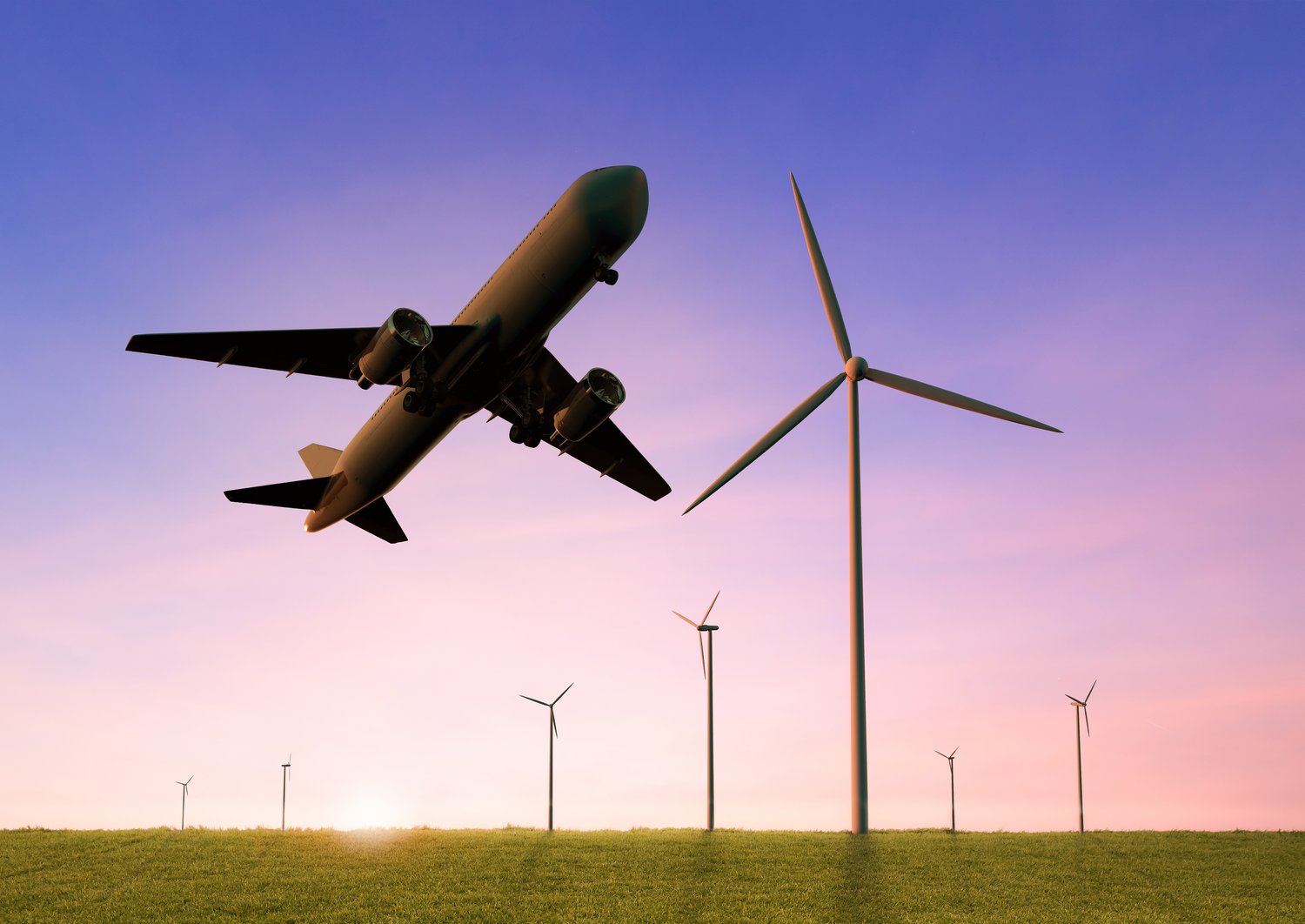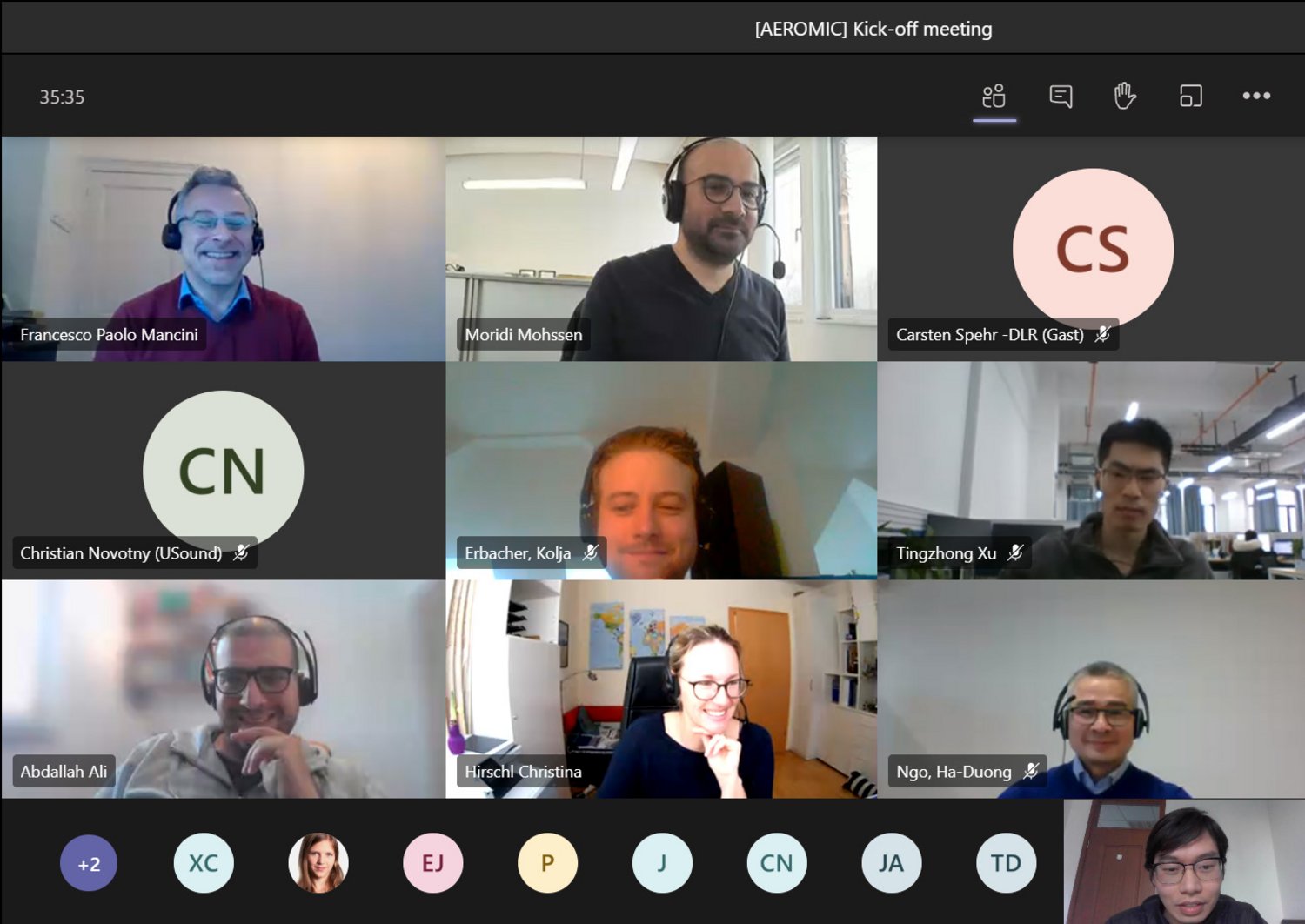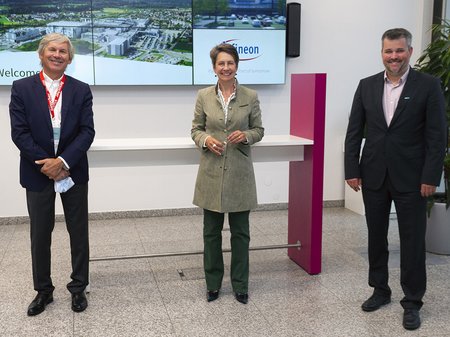Within the project AEROMIC, researchers are developing innovative sensor technologies for aeroacoustic measurements. These sensors are based on microelectromechanical systems (MEMS), which are microchips integrating mechanical parts with electronic circuits. Silicon Austria Labs conducts research on such technologies in its in-house cleanroom in Villach. In this project, innovative MEMS microphones are installed on the surface of aircraft for wind-tunnel tests and in flight tests. This advanced method of aeroacoustic measurements helps to reduce noise emissions and improve the overall performance of high-speed vehicles such as aircraft, helicopters, high-speed trains, and automotive. It can therefore accelerate development progress in the aviation and automotive sectors.
Air traffic has come under great pressure, especially in the wake of the COVID-19 pandemic. This is why SAL utilizes this opportunity to make aviation smarter, greener and more sustainable: "AEROMIC's goal is to provide a turn-key, fast applicable solution for aeroacoustic measurements that are likely to have a significant impact on leading industries in the EU, such as aviation, automotive, and wind energy. In addition, we can also strengthen the EU's competitiveness," says Lixiang Wu, project leader at SAL.
First EU project coordinated by SAL
The AEROMIC project is the first EU project coordinated by SAL. As part of the Horizon 2020 Clean Sky 2 programme, which aims at quiet, clean aviation with lower CO2 emissions, it is the only project in the MEMS sector. The project is a prime example of the expertise of the Microsystem Technologies research group at SAL in Villach. Gerald Murauer, Executive Director of SAL: "The project is a quality stamp for the work of the research group. It gives SAL the chance to contribute to innovation in aeronautical research and to leave a footprint in the research community."
European project partners
The AEROMIC consortium consists of six partners from four European countries, including Austria, Germany, Spain and Norway, giving this project a truly European dimension. In addition, the consortium consists of a research institute (SAL from Austria), two SMEs (Vectoflow from Germany, USound from Austria) and three universities (TU Berlin from Germany, UC3M from Spain and USN from Norway). The project coordination is carried out by SAL. In addition, Airbus and the German Aerospace Center (Deutsches Zentrum für Luft- und Raumfahrt, DLR) will advise and support the project partners.










